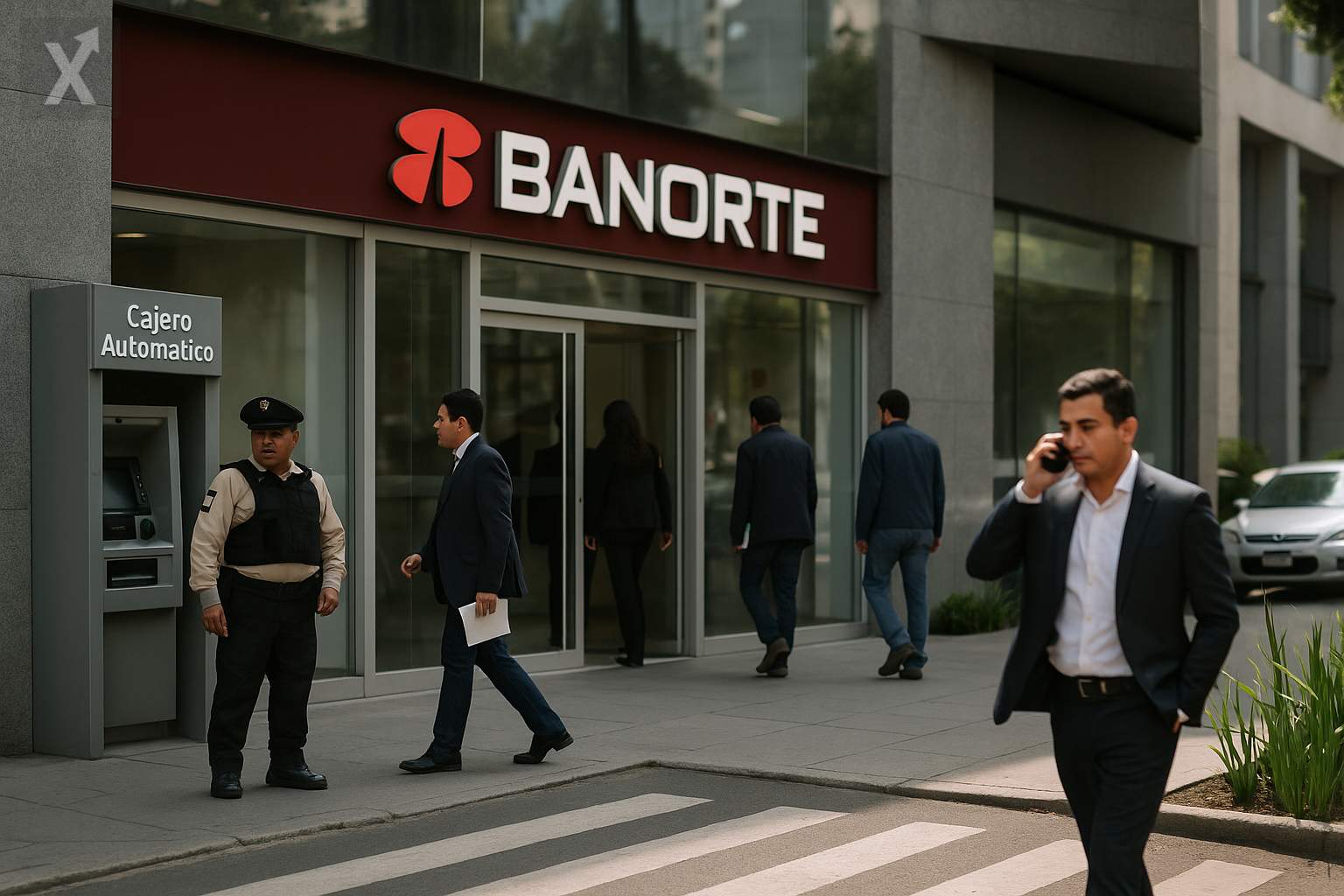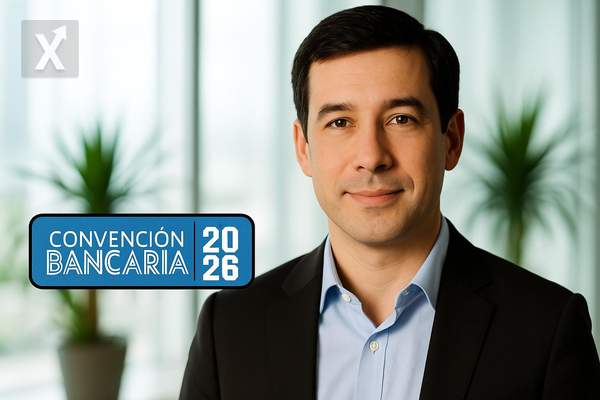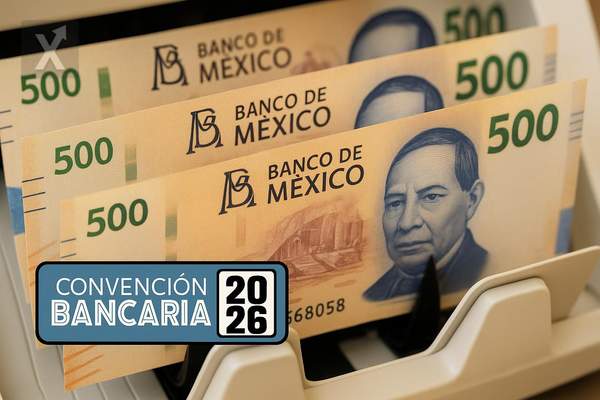Mexican Banks Deny Link Between Regulatory Sanctions and U.S. Money Laundering Allegations

CI Banco stated on Wednesday that the sanctions imposed by Mexico’s National Banking and Securities Commission (CNBV) in June have no connection whatsoever to the recent charges brought by the U.S. Department of the Treasury, which involve the institution and other Mexican entities in alleged money laundering operations.
Last month, the CNBV slapped fines totaling $10 million on CI Banco, Intercam, and Vector Casa de Bolsa as part of routine inspections carried out in previous fiscal years. CI Banco clarified in a statement that these sanctions stem from standard supervisory processes by the Mexican regulatory authority and are not linked to the concerns raised by the United States in June—concerns that led the U.S. Treasury to restrict transactions with the mentioned firms.
The U.S. allegations, made official on June 25, identify the three financial intermediaries as key parties of interest in money laundering activities. This resulted in a prohibition on certain transactions involving these entities within the U.S. financial system. In response to these restrictions, CI Banco, Intercam, and Vector have strongly denied the allegations, stating they fully comply with the highest standards for anti-money laundering and transparency.
The immediate response from the Mexican regulator was the temporary intervention of these institutions to safeguard their operations and protect the interests of their clients and the financial system as a whole. At the same time, the federal government reiterated its stance of not accepting the accusations from U.S. authorities and emphasized the autonomy and supervisory capacity of Mexico’s regulatory bodies.
These events unfold in a context where international cooperation to combat money laundering is increasingly critical, given the globalization of financial markets and the rise in sophisticated mechanisms to move illicit resources. In recent years, Mexico has strengthened its regulatory and supervisory frameworks in line with recommendations from the Financial Action Task Force (FATF), although it still faces challenges regarding effectiveness and interagency coordination.
Looking ahead, attention will be focused on the progress of the investigations, the interaction between Mexican and U.S. authorities, and the potential impact these episodes could have on the reputation and stability of the implicated financial institutions. This, along with the perceived risk among investors and international stakeholders, will require Mexican banks to further bolster their controls and transparency measures to mitigate any reputational damage.
In summary, the recent developments between Mexican and U.S. regulators highlight the importance of ongoing oversight in the financial sector and the need to strike a balance between international cooperation and respect for national regulatory autonomy. The way this case unfolds will be crucial for assessing the robustness of Mexico’s regulatory framework and trust in its financial institutions.






